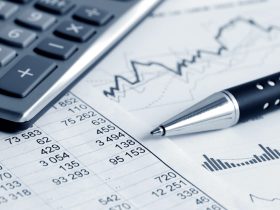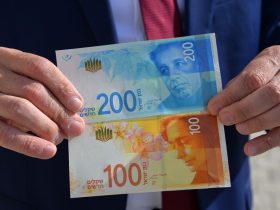Leaders from the International Energy Agency (IEA), European Central Bank (ECB), and European Investment Bank (EIB) convened in Paris on Friday, urging Europe to hasten its clean energy transition to maintain industrial competitiveness and financial stability. The conference addressed the need for a swift and just transition that would unlock industrial potential and benefit energy consumers.
During the conference, ECB President Christine Lagarde, EIB President Werner Hoyer, and IEA Executive Director Fatih Birol called for accelerated action to mitigate disruptions in global energy markets and position Europe among other industrial powerhouses in the new energy economy. The trio underscored the need for scaling up funding to support an orderly transition.
The ECB’s second economy-wide climate stress test revealed that frontloading clean energy investment significantly reduces medium-term costs and risks for firms and households. However, private sector investment faces several market barriers including policy uncertainty and lengthy permitting procedures that deter investors and lead to cost overruns for developers.
European industry finds itself at a competitive disadvantage due to relatively high energy prices compared with other regions. Ambitious industrial programs are being introduced in countries such as the United States, China, India, Japan, and Korea to build up domestic supply chains, resource security, and manufacturing capacity. Accelerating energy transition investment will help Europe limit dependence on major fossil-fuel producers and volatile fuel markets.
The European Union has committed to spending at least 30% of its 2021-2027 budget on climate action. The EIB has played a crucial role in supporting clean energy projects to crowd-in private sector engagement. For every euro spent by the EIB on its energy operations, it attracts a further €1.4 from the private sector. The EIB has raised its financing for clean energy projects to unprecedented levels and recently announced an additional €45 billion to support renewables and state-of-the-art manufacturing in strategic net-zero industries.
The conference discussed how policies and financial instruments can unlock further investment, including steps to establish a green capital market union (CMU) to help finance flow seamlessly across borders. The CMU will also provide a robust yardstick for sustainable finance projects and help eliminate greenwashing practices. The ECB has taken decisive steps to integrate climate change considerations into its monetary policy framework and financial stability monitoring.
IEA Executive Director Fatih Birol stressed the need for Europe to grow and thrive in this new reality, urging policymakers to take bold action for the region to remain a global industrial power. ECB President Christine Lagarde emphasized the importance of avoiding procrastination and ensuring that the costs of the green transition are shared fairly. EIB President Werner Hoyer highlighted the energy transition as an opportunity, urging industries to embrace change promptly or risk being left behind.
This article was generated with the support of AI and reviewed by an editor. For more information see our T&C.
Read the full article here









Leave a Reply